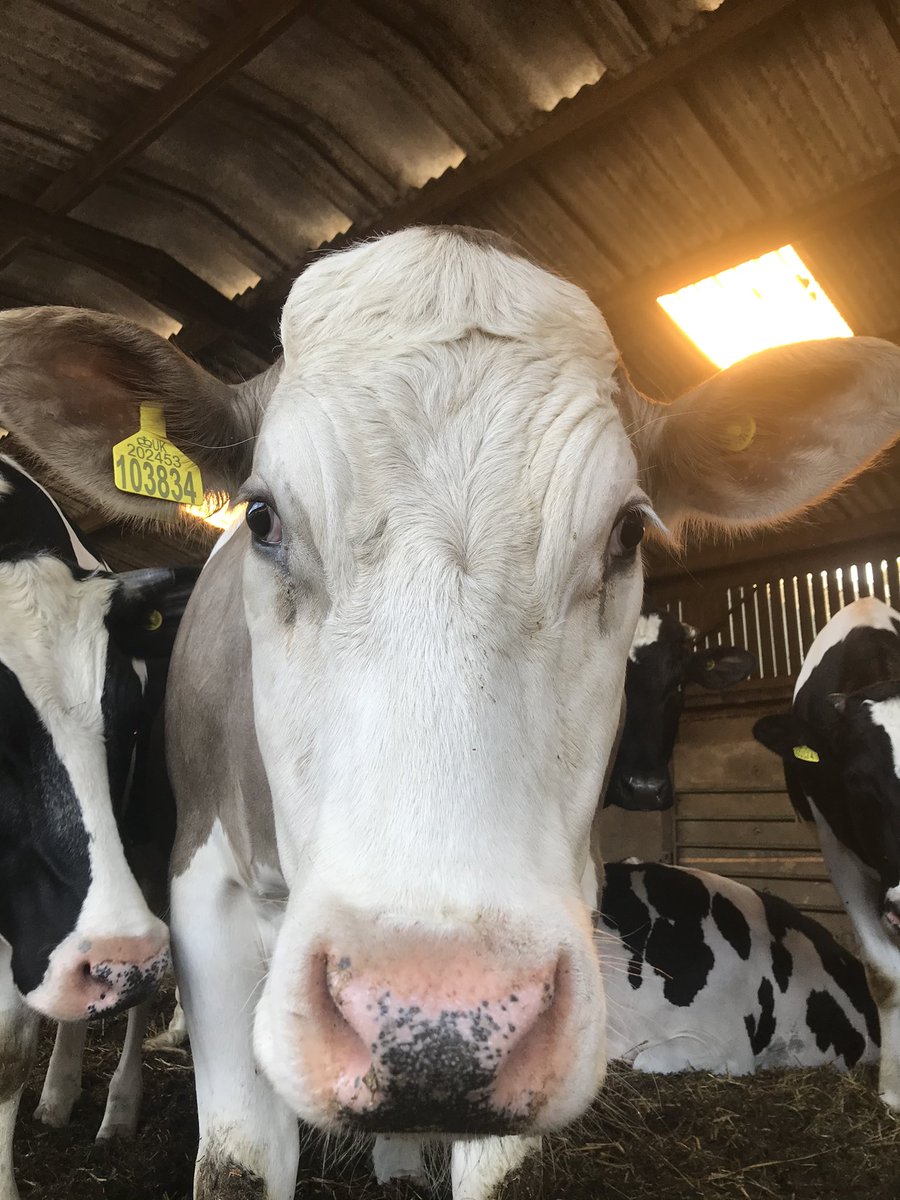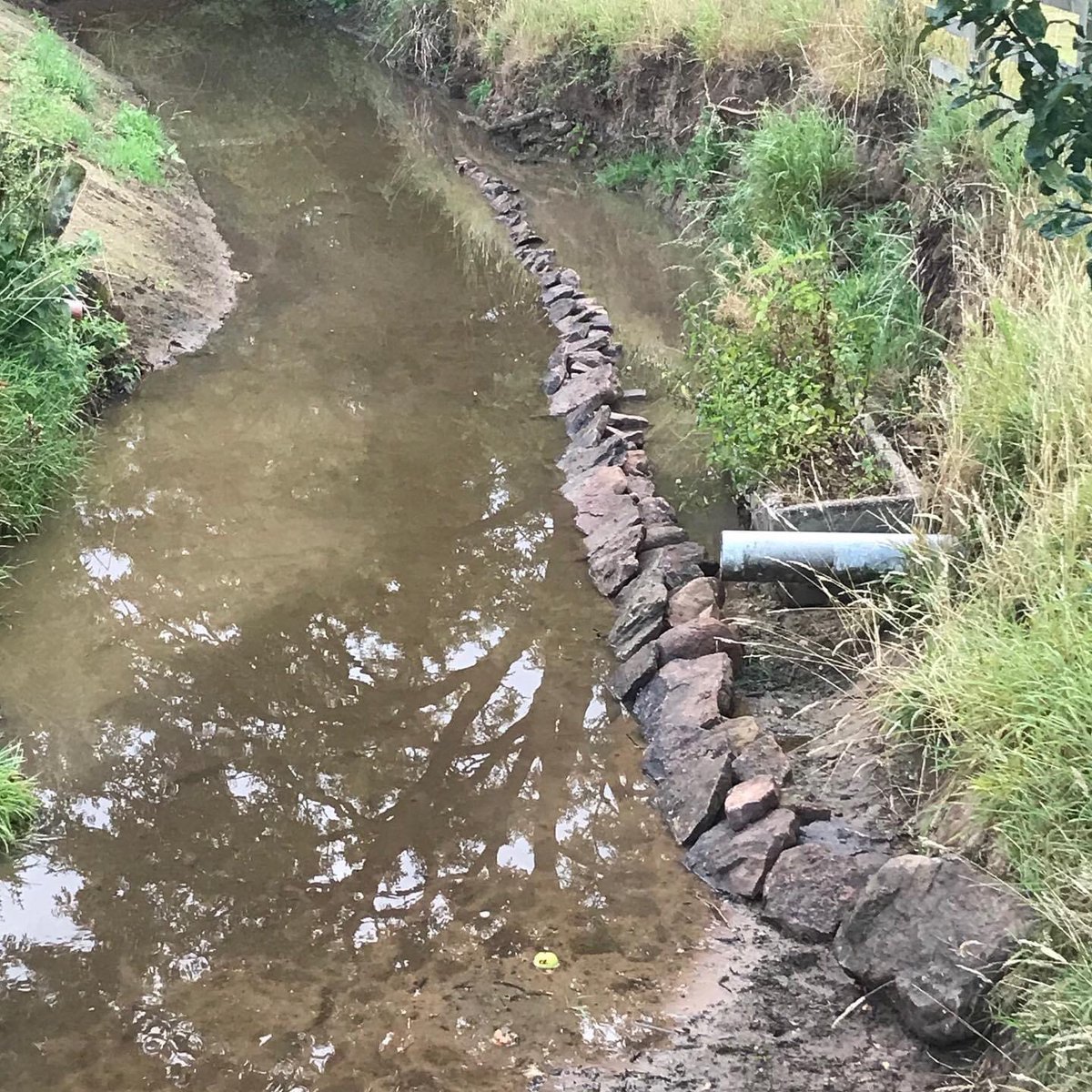There’s been much talk recently as to what farmers must deliver in the coming years, quality sustainable food, and / or public goods? This made me question what we are delivering today on our family farm. #FarmingCan 

From our farm, based on our average yields and average uk consumption per capita we are providing the highest quality, highest welfare and most sustainable produce that we can.
Enough to supply over 41,700 people for the year with one of the most nutritiously dense superfoods known to man #milk 

Assuming everything that we do not use ourselves for animal feed makes the grade, we will supply enough wheat for the bread to feed 67840 for the year. 

While this year we haven’t grown potatoes ourselves, those that our neighbour have planted on our land will feed 20300 people for the year. 

Alongside this, as part of our enhancing the environment, in recent years we have planted several thousand meters of new hedges and infilled gaps in our existing ones. 

Some areas have also been planted with covers to provide shelter and food, and overwinter stubbles will now be planted with a cover crop which will additionally improve soil health and biodiversity. 

We also utilise all the manure from our livestock, which not only reduces the need for artificial fertilisers, but also hugely increases soil health, adding organic matter, micro nutrients and microbes feeding the whole ecosystem of the sub terrain. 

Farming is doing a huge amount for both quality produce, but also sustainability. The land is in our guardianship for our lifetime, and we want to leave it, and the environment in a better condition than we found it for our successors.
We want to do more, to improve the environment and the future for generations to come, but we have 2 huge barriers.
Reality is that bottom line is king. Many farms struggling, unable to reinvest & maintain debt repayments. To supply the public goods & environmental improvements being spoken of can’t come at the cost of income. Farmers can’t stand that cost, esp when food is so undervalued.
Government needs to incentivise environmental improvements, the public goods for public money with a carrot rather than a stick.
Further more, if these public goods, however good and important they are, should come at the expense of production, is it not futile? Are we not just washing our hands of the problem and shoving it out of sight?
The shortfall in our production must be made up by imports. If we are world leaders in quality, welfare and sustainability how can we accept sub standard produce which goes against everything that we have worked for?
Uk food production & Uk environmental and sustainability standards are amongst the highest in the world. Neither should be sacrificed for the other or “financial convenience”. We need to aim to improve on both. Be the world leaders that we are & to lead by example! #FarmingCan
• • •
Missing some Tweet in this thread? You can try to
force a refresh












